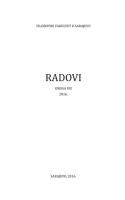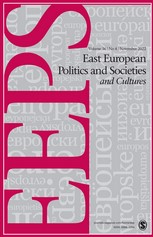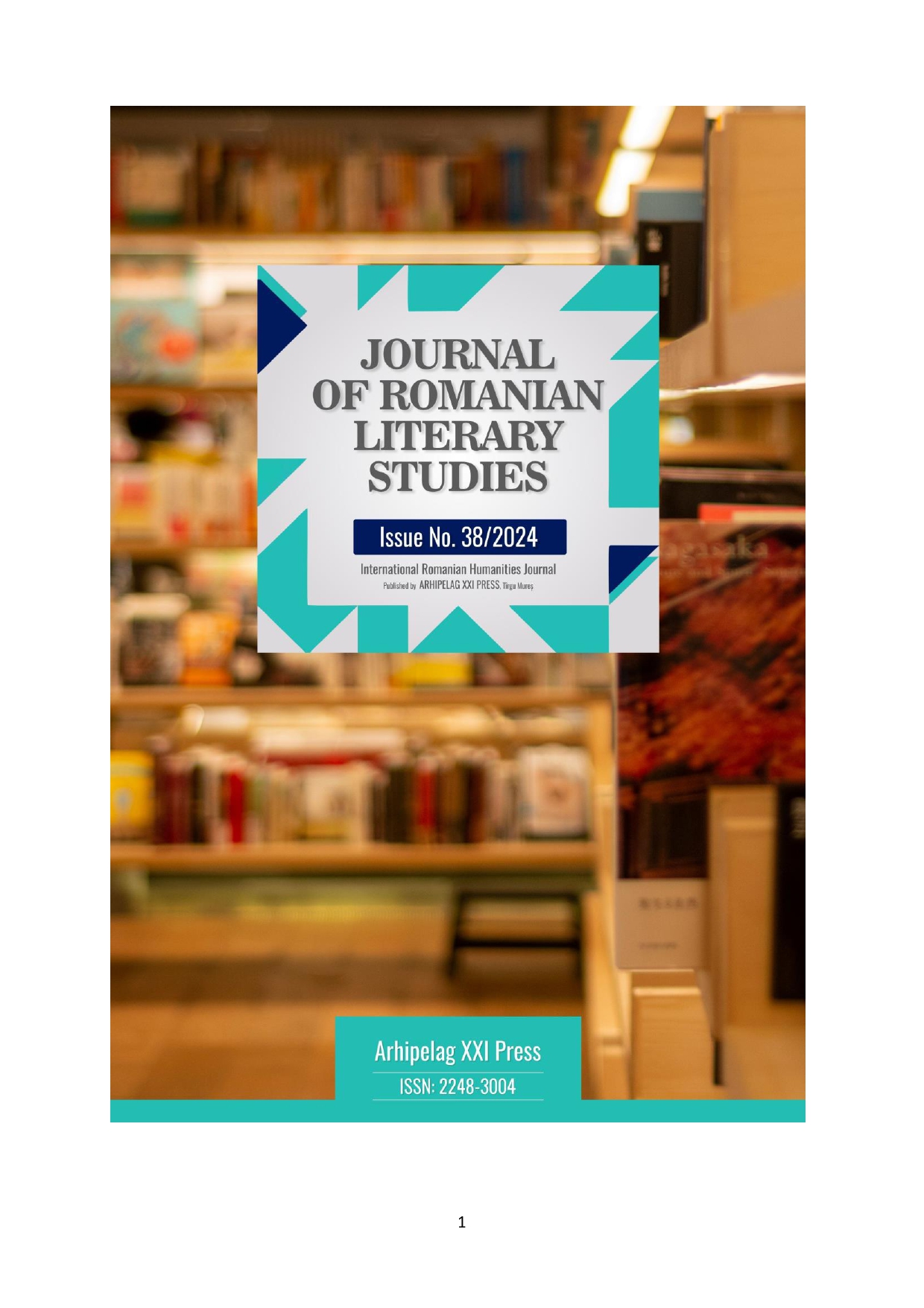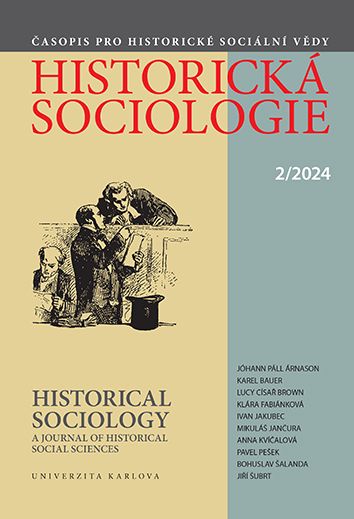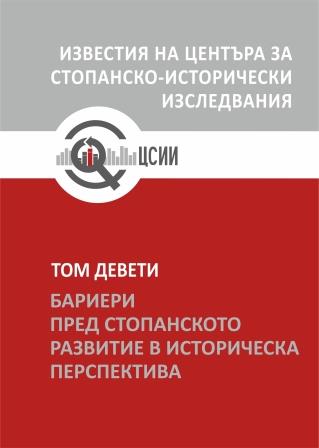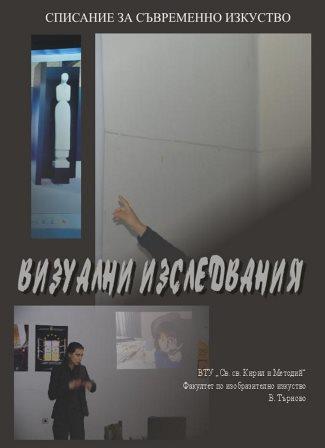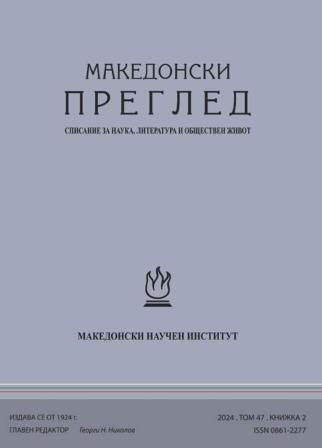Author(s): Ivo Raykov / Language(s): English,Bulgarian
Issue: 2/2024
Alexander Mutafov is one of the most recognizable names in Bulgarian fine art. He began his creative career as a painting student at the Royal Academy of Art in Turin. After completing his education in Italy, he went to specialize in painting in Munich. In Turin and in the Bavarian capital, Mutafov became part of the contemporary artistic pursuits of the era. It is inspired by the modern discourse of symbolic poetics. In the solitude of individualism and in decadent culture, he discovers that personal and intimate path to selfexpression, to the materialization of his inner world and the depths of his creative emotionality. The symbolistic searches in his work can be divided mainly into two directions: on the one hand, there are those in which we find the clear parameters of individualism (lonely human figures by the sandy shore, violinists overhanging the sea abyss, portraits of his relatives presented in the characteristic symbolism external forms mourning lonely grave women), on the other hand are those in which the author looks into the mythological image and the supernatural world (demons, mythical deities, sea sirens, the image of death, personifications of heavenly bodies and natural objects). As one of the significant representatives of marinism in Bulgarian art, Mutafov’s symbolic works unfold in front of the sea or in its depths. Forever inspired by the beauty of the Bulgarian Black Sea, the artist looks into the mytho-poetic topos associated with it. The vastness of the sea itself will take the form of a symbol, be sometimes alluring, sometimes sinister, and often beguiling to doom, or compassionate and kind, like a close friend. The sea often comes alive, through its turbulent and dark waters or through the calm reflections in the frozen water, in an experienced and deeply felt work.
More...
